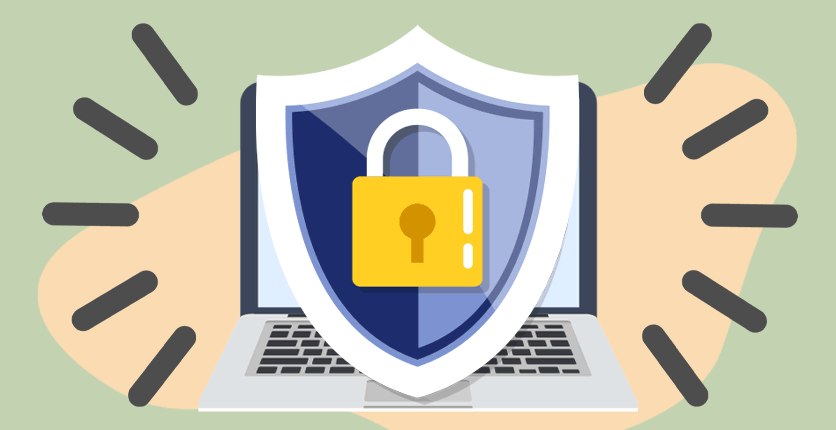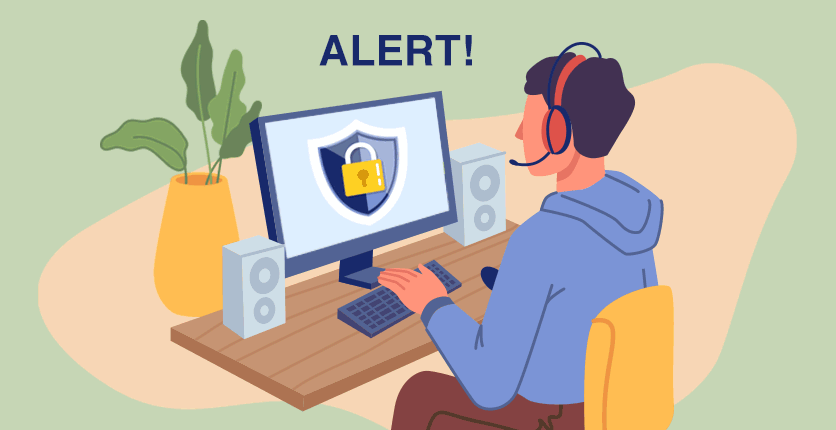Children’s screen-time has gone through the roof since the beginning of the pandemic. With more social restrictions, fewer in-person meetups and activities, and periods of remote learning, even parents who had previously diligently regulated screen-time have found themselves relaxing many rules.
As kids spend more time in the digital world and on online gaming, 62 per cent of Singaporean parents are increasingly worried about online safety, according to a 2021 Google survey. Top concerns were children’s privacy and online security, as well as the danger of falling victim to scams.
Other notable concerns include the exposure to malicious software, sensitive content, bullying, sexual predators and cyber criminals. Many recent reports also show children and teens unwittingly racking up exorbitant bills on their parents’ credit card via online gaming purchases.
With so many dangers lurking beyond the screen, how can we protect the young and vulnerable? Here are five tips to help you and your child navigate the digital world with greater confidence.
1. Explain important safety rules

Though our children may be digital natives, their understanding of the cyber world remains limited. Highlight the dangers to them, including how scams, phishing and sexual predators work, and how to react to cyberbullying and harassment. At the same time, remind them what sort of information they should keep secret, such as their passwords, real name, home address, contact number, email address and pictures. You can also set up password-protected access to questionable websites.
Need some help reinforcing these lessons? Interland is a useful free browser-based game developed by Google and the Media Literacy Council to gamify digital safety lessons. Players embark on quests across four islands to outsmart hackers, phishers and oversharers, and stand up to cyberbullies.
2. Protect accounts and devices

Many games are infected with virus and malware, so help your child install anti-virus software, install the latest updates and patches for software and apps, and ensure that firewalls are not disabled. At the same time, teach your young ones how to create a strong password that is long enough, and contains a mix of upper and lowercase letters, numbers and symbols that are not easily hacked.
3. Choose and explore games together

Do the groundwork by reading recommendations, reviews, ratings and forums to pick age-appropriate games for your child, and if possible, explore the games together. That can be a great way to spot any disturbing content and teach your child how to react to predatory or bullying behaviour. It can also be a great bonding activity.
4. Set clear boundaries

Depending on your child’s age and maturity, it is good to mutually agree on boundaries. This includes whether your child should only play against the game, with friends, or may engage any online player; whether they are allowed to use voice or video features; and a sensible time limit for gaming each week.
It is also important to consider if their gaming account should be linked to real money given the number of advertisements and in-app purchases in many games. If you decide to allow this, link it to a debit account with limited funds instead of a credit card so you will not get a rude shock at the end of the month.
5. Preventing unhealthy gaming

If your child has access to their own devices, turn on parental controls to regulate screen time and restrict the games they can download. More importantly, know the red flags to watch out for.
If gaming is taking over your child’s life and he or she is losing interest in friends and other activities, and it is disrupting their sleep, meals and schoolwork, this may be a sign of excessive screen-time and addiction. Additionally, if your child is showing behavioural changes such as aggression or anxiety, they may be exposed to dangerous content or behaviour. In such cases, it is important to keep communication lines open, support them without judgement, and be ready to seek help if necessary.
Want more articles like this, and other lifestyle content right in your inbox? Sign up for the eNSman Newsletter – you don’t need to be a SAFRA member to subscribe – and never miss another story!







